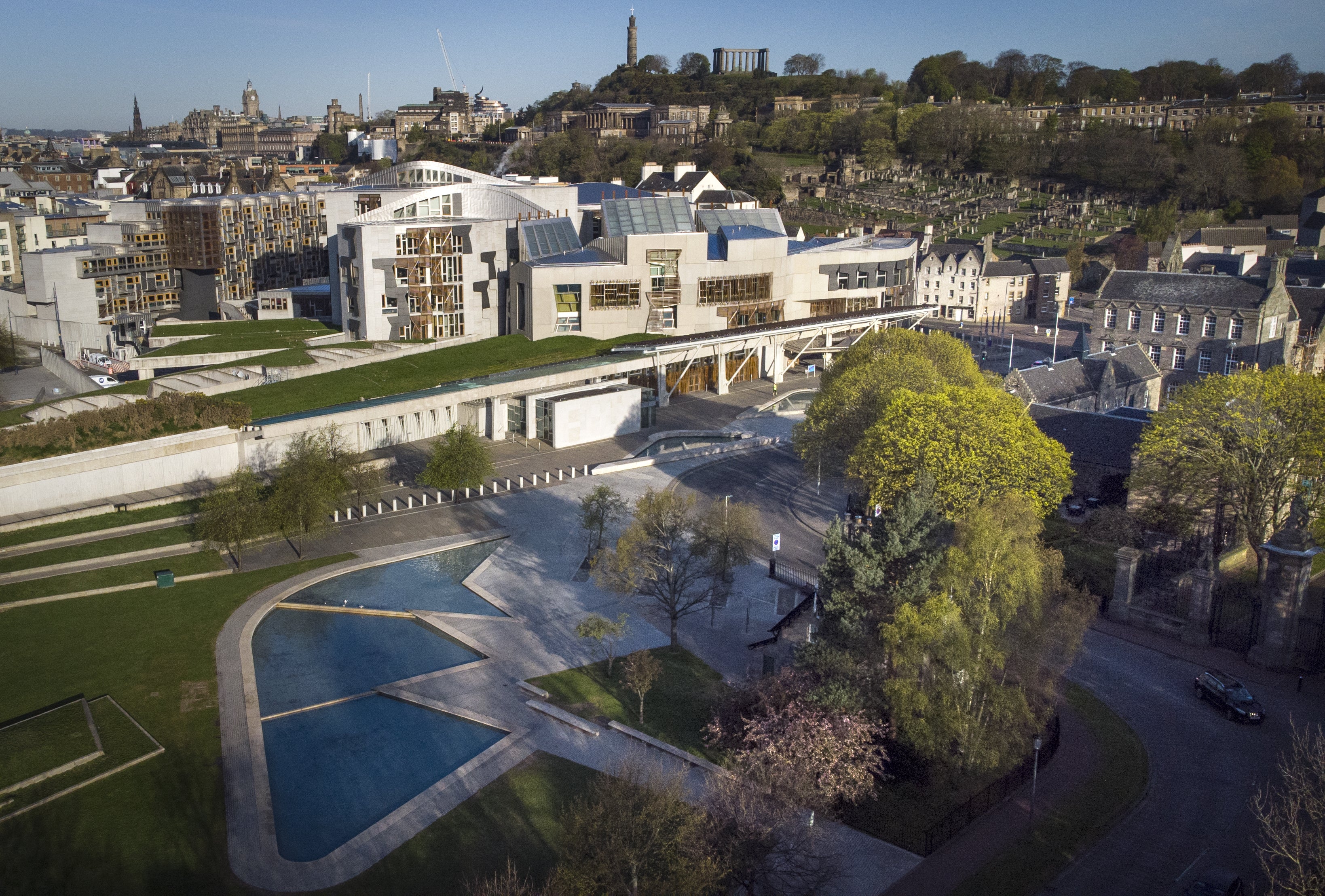Call for Scots convicted and executed for witchcraft to be pardoned
A campaign is asking the Scottish Government to pardon people wrongly accused of being witches between 1563 and 1736.

A pardon for people convicted and executed for witchcraft would recognise those who suffered from a “brutal” miscarriage of justice, MSPs have been told.
Campaigners are calling for the Scottish Government to formally pardon the estimated 4,000 Scots accused of being witches under the Witchcraft Act between 1563 and 1736.
Giving evidence to Holyrood’s Petitions Committee, witnesses explained that approximately 2,500 people – mostly women – “paid a terrible price in the most brutal way” after being wrongly accused of being witches.
More than 3,400 signatures have been collected in support of a pardon and a national monument to remember the deaths.
Members of the Witches of Scotland campaign, Claire Mitchell and Zoe Venditozzi, told MSPs that the “terrible history of things that happened to women in the past” often goes unrecognised, and a pardon for those convicted of witchcraft could be a way of redress.
Ms Mitchell said: “There is no time limit and justice; this was wrong when it happened. These people were not guilty of these offences, and they paid a terrible price in the most brutal way.
“So the fact that these people were killed and convicted as witches was wrong then and it’s wrong now.”
Explaining how she was inspired by the pardon issued by the Government to anyone convicted of historic homosexual crimes, Ms Mitchell said: “These people ought never to have been criminalised for something that wasn’t a crime.
“That is also true for the people that were killed as witches.”
Challenging concerns that the executions took place so long ago, she added: “We can try and restore those people properly to history as people who suffered a miscarriage of justice.
“But what we can also do as citizens is reflect upon what caused that to happen, why people who are in a vulnerable situation were subjected to allegations and were used in a power structure that meant that they paid with their lives and we can reflect upon that wrong and vow to do better.”
Ms Venditozzi said: “There’s still an ongoing issue with vulnerable communities, we’re not at a stage where people are wonderful to everybody else.
“I think it would give a really important signal that we protect the vulnerable in our society, that everybody’s got a fair shake of the legal system, and that we are thinking and thoughtful about who we are as a nation.
“If we want to be seen as a beacon of intelligence and sensitivity, this is a good way of saying that internationally, that we are thoughtful and we’re looking at our past and we’re mindful of it in the same way that there are moves that are ongoing to look at our past involvement as a nation with slavery.
“We need to look at the things that happened in the past that we’re not proud of necessarily now and understand it so these things aren’t repeated again.”
Bookmark popover
Removed from bookmarks